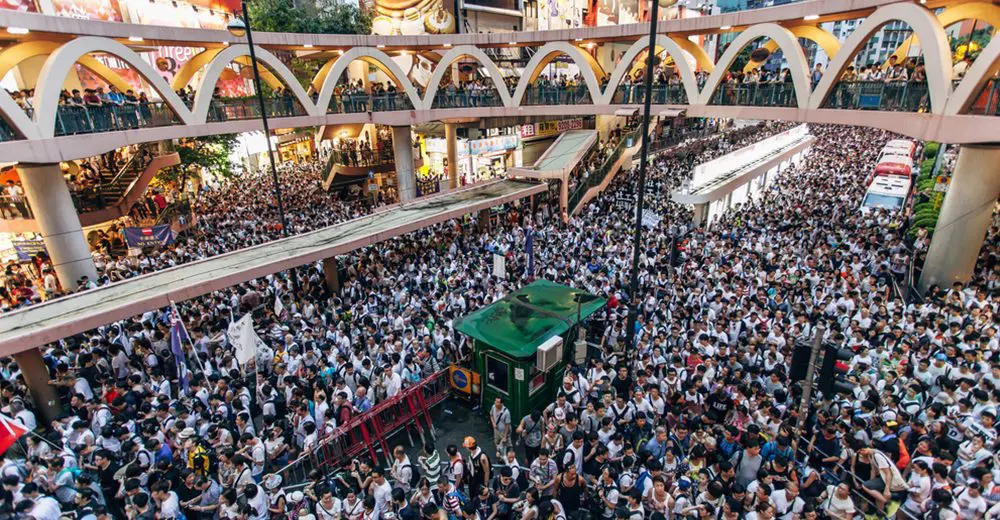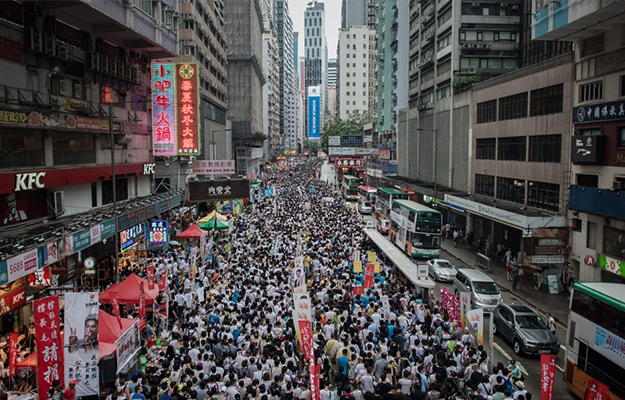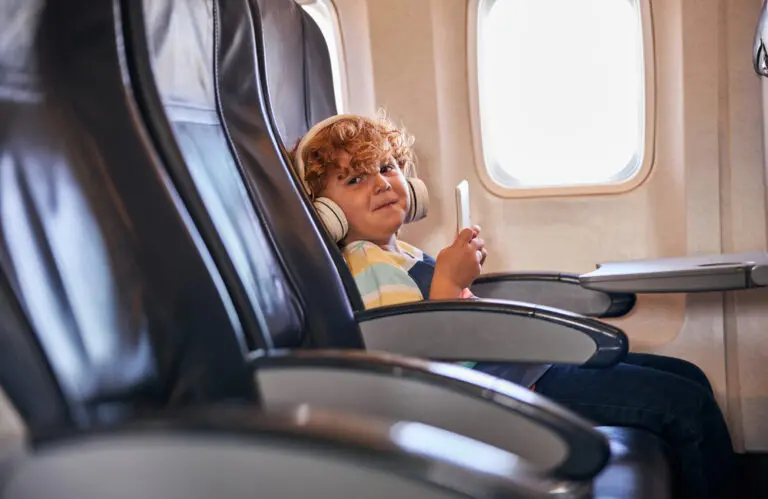As the plight for democracy continues in Hong Kong, the trade, travel and tourism sectors of the autonomous region are the first to fall.
The gathering of thousands of protesters near the government headquarters, despite experiencing heavy-handed treatment from Hong Kong police, continues.
Protesters are angry over changes made to Hong Kong’s democratic processes, which saw a promise made by Beijing to allow direct elections in 2017 overturned to only permit voters to select from a pre-approved list of candidates.
While the outcome of the protests remains uncertain, their impact on the banking and tourism sectors has already been established.
As many schools, businesses and banks remain shut, Hong Kong’s shares were the first to feel the pinch, with the local dollar hitting a six-month low against its US counterpart.
Hong Kong’s central bank has scrambled to assure investors. However, fears of a long stand-off saw investors prepare for a stock-market retreat and make arrangements to work outside the financial district.
The banking sector and markets may have been the first hit but they certainly won’t be the most affected by the ongoing protests.
It is predicted that the those likely to be hurt most would be Hong Kong-listed retailers, such as luxury businesses selling products purchased by mainland tourists, and local and Macau tourism businesses.
While mainland China had experienced a slight decline in tourism revenue over the last few years, Hong Kong has experienced a boom.
In 2011, tourism contributed to 4.5 per cent of Hong Kong’s GDP. In 2012, visitor arrivals registered an increase of 16 per cent over 2011 to a record-high of 48.6 million. In the first seven months of 2013, visitor arrivals increased by 13.1 per cent over the same period of 2012.
By end July 2013, Hong Kong had 217 hotels, with 68 753 rooms. Total room supply increased by 3808 rooms or 5.9 per cent than in July 2012, while the average occupancy rate maintained at 87 per cent in the first seven months as compared with the same period last year.
With the ongoing protests paralysing several areas within Hong Kong, the impact on the tourism sector in 2014 is yet to be determined.






